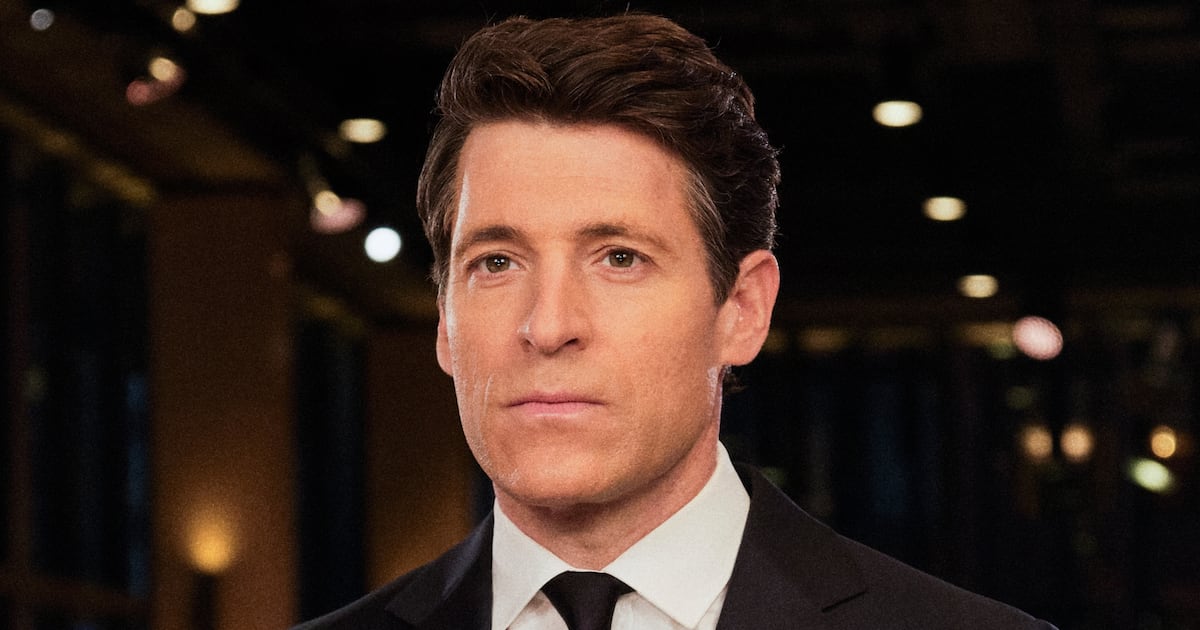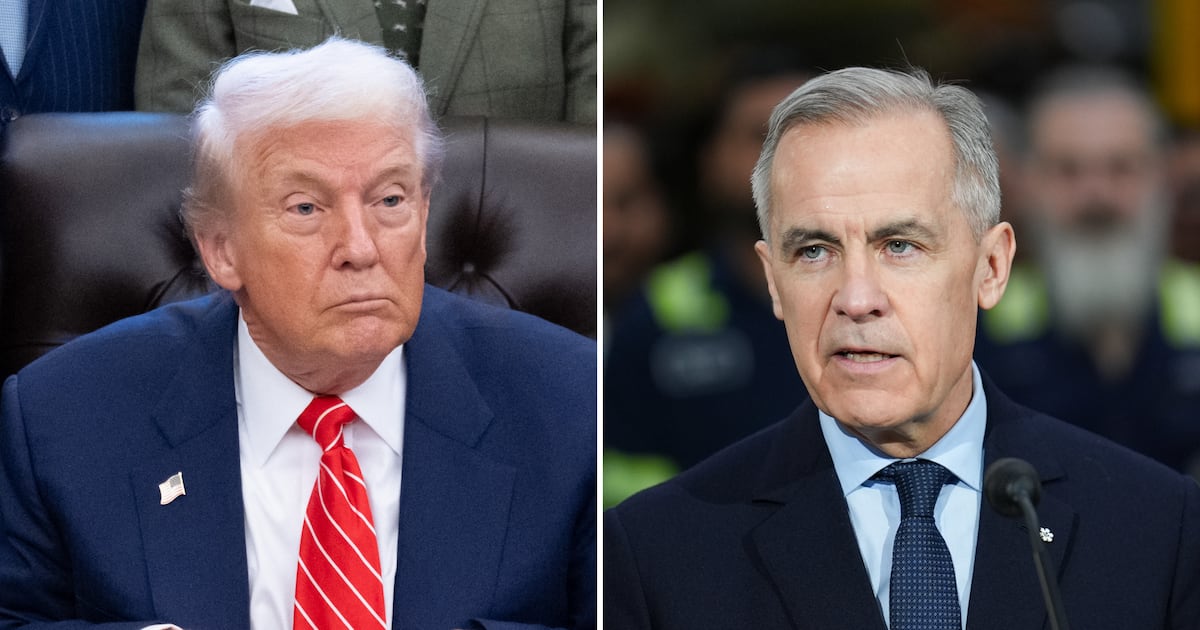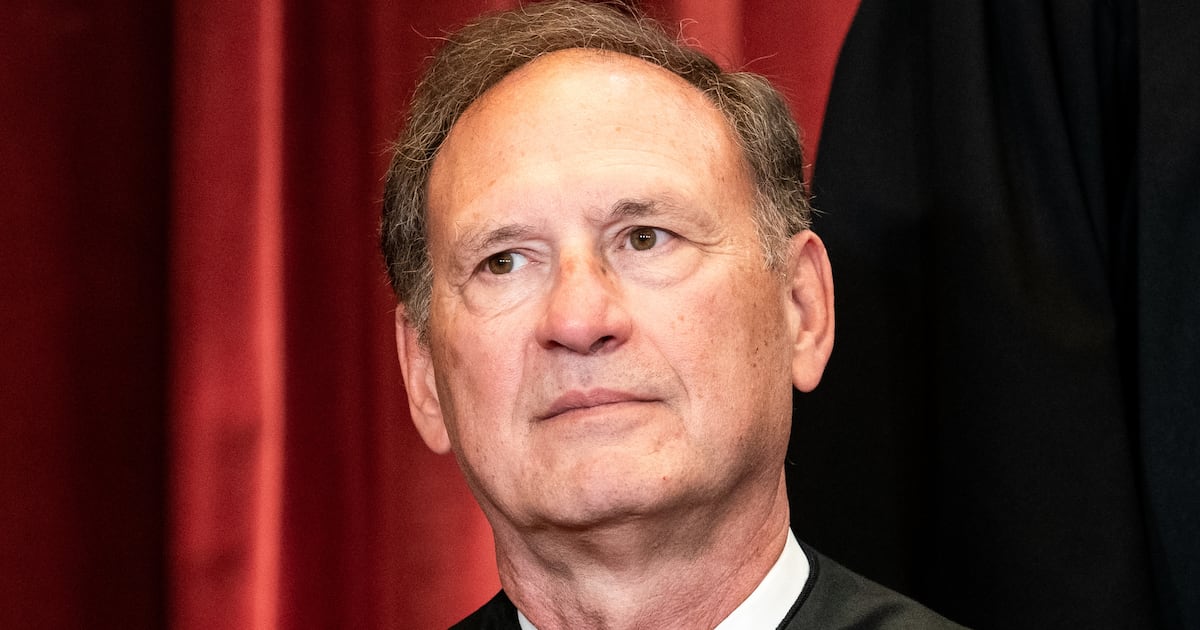There are few subjects as guarranteed to raise the ire of a certain class of landscape-loving Briitsh aristocrats as a discussion of the benefeits of wind turbines, which they consider to be hideous blots on the landscape which interfere with one's shooting, and Prince Philip is no exception to this rule.

So the fact that Prince Charles, his son, has come out as a windfarm fan, represents a significant rebellion by the scion of the House of Windsor, and one that is sure to see Philip enraged by yet more evidence of his son's long-suspected naivety and stupidity.
That the re-emergence of the Royal Oedipal complex should have been triggered by a discussion of wind energy is not entirely surprising given Charles and Philip's wildly differing ecological priorites.
The outspoken Prince Philip has been typically vocal in his criticism of wind farms. As recently as last year he derided them - to a wind farm operator, of course - as, “useless, completely reliant on subsidies, and an absolute disgrace” but Chazza has endorsed them in his new film, ‘Harmony’, which was introduced by Robert Redford when it premiered this weekend at the new London outpost of the Sundance film festival.
Charles stars in the ecological film and narrates it, and speaks in his plummy voice-over of supporting “the commitment to working with nature’s freely-given forms and clean energy” and the need to “end our dependence on fossil fuel.”
During the film’s opening sequence, which features a shot of a wind-turbine in a meadow, the Prince says: “Time is running out - this is a call to action...Harmony offers a way of seeing the world that could lead to, in very practical ways, much more sustainable behaviour in a wide range of important areas.”
In another scene illustrated with images of wind turbines in the German town of Trendelberg, which has pioneered their use and is entirely powered by renewable energy sources, the Prince salutes Germany for “taking the lead” in developing wind turbine technology.
He says: “I recently flew over the German countryside where ancient buildings and castles now merge into a new landscape dotted with solar panels and wind turbines. I certainly support the commitment to working with nature’s freely-given forms and clean energy.”
Charles and Philip’s long-running enmity springs from the fact that Philip basically considers his son to be a wet, the ultimate insult in the verbal armoury of the British aristocracy, while Charles thinks that Philip denied him of love and affection as a child and pushed him into a union with Princess Diana.
The level of hatred between father and son had long been suspected (one of the worst stories concerned Philip making Charles cry at a lunch before the funeral of Lord Mountbatten. Philip later justified himself by saying that it was better Charles did his crying behind closed doors than in public) but was only confirmed when Prince Charles filmed a documentary with Jonathan Dimbleby in the wake of the Diana crisis.
Attempting (unsuccessfully, for the British hate a whinger, and a Royal whinger even more) to garner sympathy, the Prince portrayed his father as a bully and allowed Dimbleby to add, for good measure, that he had felt "emotionally estranged" from his parents and, all his life, had yearned for the kind of affection that, in his view, they were "unable or unwilling to offer".
Charles has also spoken about the day when his father came to his posh Scottish school, Gordonstoun, to see his son, just turned 17, play the title role in the school production of Macbeth - and laughed.
"I had to lie on a huge, fur rug and have a nightmare," remembered Prince Charles. "My parents came and watched, along with other parents. I lay there and thrashed about and all I could hear was my father and 'ha, ha, ha'. I went up to him afterwards and said, 'Why did you laugh?' and he said, 'It sounds like The Goons.' "
Philip got his revenge on his son for the Dimbleby doc when his senior aides briefed Royal writer Graham Turner, who wrote a mini-biography of Prince Philip to mark his 80th birthday in 2001, that Charles was, "precious, extravagant and lacking in the dedication and discipline to make a good king".
Turner also revealed that Philip felt that Charles's attitude to his wife and his adultery with Camilla Parker Bowles was undermining all the work he and the Queen had put into protecting the monarchy.
Since then, despite public protestations that the two men get along well, the feud has rattled quietly on.
Charles's enthusiasm for wind-power will align neatly with the work of the Crown Estate, which is to benefit financially from windfarms with a major expansion of offshore wind power in the UK, as it owns the seabed to the edge of Britain’s territorial waters, and is also allowing onshore turbines on land it owns.
Prince Philip, by contrast chose to make his remarks about the uselessness of wind energy to the managing director of a leading wind-farm company, Esbjorn Wilmar, of Infinergy.
Wilmar was at a reception last year in Chelsea, west London, marking the 70th anniversary of the Council of Christians and Jews at which the Queen and duke were guests of honor.
“He said they were absolutely useless, completely reliant on subsidies, and an absolute disgrace,” said Wilmar. “I was surprised by his very frank views.”
Wilmar said his attempts to argue that onshore wind farms were one of the most cost-effective forms of renewable energy received a fierce response from the duke.
“He said, 'You don’t believe in fairy tales, do you?’” Wilmar told the Telegraph. “He said that they would never work, as they need backup capacity,” apparently referring to the fact that wind-generated electricity has proved difficult and costly to store for use when the wind is not blowing.
The Duke of Edinburgh told Wilmar that he would never consider allowing his land to be used for turbines, and he criticized their effect on the countryside.
Wilmar said: “I suggested to him to put them on his estate, and he said, 'You stay away from my estate, young man.’ He said he thought that they’re not nice at all for the landscape.”





